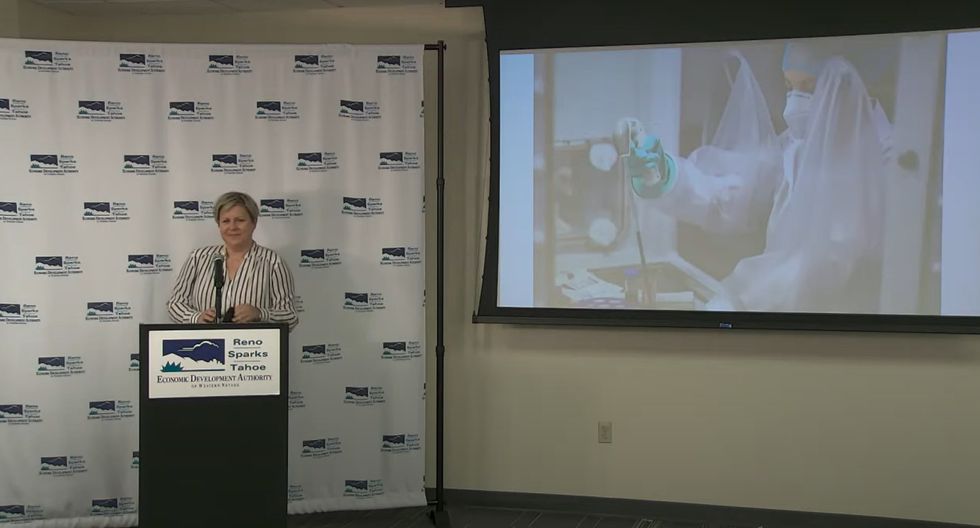Exactly one week after new Chief Executive Pat Gelsinger unveiled plans to reinvent Intel Corp., Arm Ltd. announced version 9 of its architecture and put forth its vision for the next decade. We believe Arm’s direction is strong and compelling as it combines an end-to-end capability, from edge to cloud to the data center to the home and everything in between.
Moreover, it doubles down on Arm’s model of enabling ecosystem partners to add significant value while at the same time maintaining software compatibility with previous generations. We see this as extremely important because the variety of use cases requiring specialized silicon is rapidly expanding in the marketplace, and the Arm architecture is by far in our view the best-positioned to capitalize on this coming wave.
In this Breaking Analysis, we’ll explain why we think this announcement is so important and what it means for Intel and the broader technology landscape. We’ll also share with you some feedback we received from theCUBE community on last week’s episode and a little inside baseball on how Intel, IBM Corp., Samsung Electronics Co. Ltd., Taiwan Semiconductor Manufacturing Co. Ltd. and the U.S. government might be thinking about the shifting landscape of semiconductor technology.






